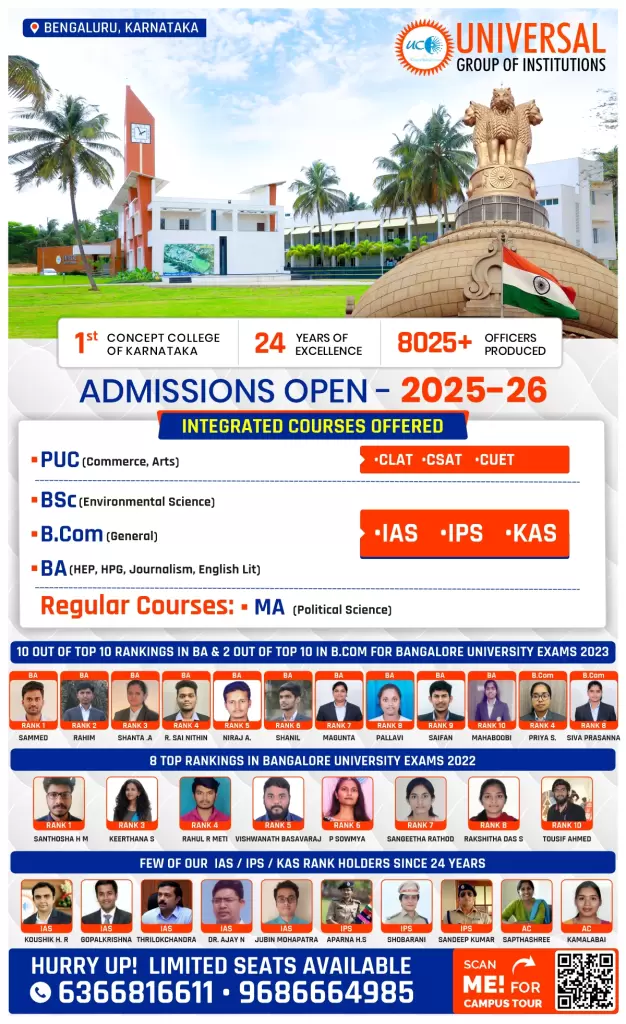National Critical Minerals Mission: A Strategic Approach for India’s Growth
India has taken a significant step toward securing its energy transition and industrial future by adopting a holistic policy for critical minerals. The Union Cabinet recently approved the ₹12,400 crore National Critical Minerals Mission (NCMM), initially announced in the July 2024 budget. This initiative aims to ensure a sustainable supply of essential minerals needed for high-tech industries, renewable energy, and defense.
Why Critical Minerals Matter?
Critical minerals are essential for battery storage, electric vehicles, semiconductors, and other strategic industries. However, India heavily depends on imports for these minerals, making it vulnerable to supply chain disruptions. The NCMM seeks to address this by:
- Boosting domestic production through exploration and mining.
- Acquiring critical mineral assets abroad to diversify sources.
- Encouraging recycling and secondary recovery of minerals.
- Promoting research, development, and sustainable mining practices.
Past Efforts and New Developments
Earlier, India’s approach to securing critical minerals lacked a structured policy. In 2019, a joint venture, Khanij Bidesh India Ltd (KABIL)—formed by Nalco, HCL, and MECL—was established to acquire mineral assets overseas. By 2023, 30 critical minerals had been identified, and long-term policies were framed.
- To strengthen supply chains, the government has introduced:
- A tailings policy to manage waste from mining operations.
- Duty exemptions on non-ferrous scrap to support domestic production.
- A structured roadmap extending up to 2030-31, focusing on strategic mineral acquisition, recycling, and sustainability.
Balancing Growth with Sustainability
The mission aims to increase production without harming the environment. It includes participation from the environment, forest, and climate change ministries to ensure eco-friendly practices. Additionally, global partnerships with developing countries will help India secure raw materials while fostering mutual growth.
Key Takeaways for Competitive Exams
- NCMM is a ₹12,400 crore mission to ensure India’s mineral security.
- It focuses on domestic production, foreign acquisitions, and recycling.
- India has identified 30 critical minerals essential for its economy.
- Sustainability is a core aspect, balancing industrial needs with environmental concerns.
Conclusion
The National Critical Minerals Mission is a crucial policy move for India’s self-reliance in strategic industries. Regular reviews and global collaborations will determine its long-term success. Competitive exam aspirants must stay updated on this evolving policy, as it holds significance for economy, environment, and geopolitics.
Mains Question
1. GS Paper 3 (Economy & Science and Technology)
Discuss the significance of the National Critical Minerals Mission (NCMM) in ensuring India’s mineral security. How can this mission contribute to India’s economic and technological self-reliance?(250 words)
2. GS Paper 3 (Environment & International Relations)
India’s dependence on critical mineral imports poses both economic and geopolitical challenges. Evaluate the role of domestic mining, foreign acquisitions, and sustainable practices in addressing this issue under the National Critical Minerals Mission (250 words)





